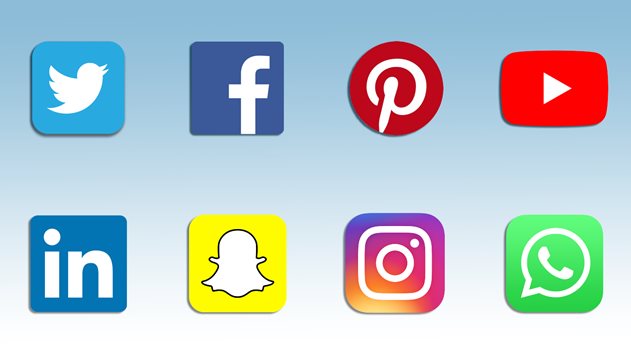According to research from We Are Social and Hootsuite, South Africans on average spend more than eight hours a day online. It has become second nature for us to share every waking thought and experience with the rest of the world, with the comments, likes and follows rewarding us for every little disclosure we make.
Yet, wise social media users are careful about what they post. Once you post something, it could be online forever, even if you later change your mind and delete it. Plus, even if using the privacy settings in platforms like Facebook gives you the illusion you are controlling who sees and shares your post, the reality is that anyone can screen capture and share your post with the rest of the world.
So, there are some types of content that’s best not to share at all on social media.
Here are some examples:
1. Too many personal details
The internet is full of criminals and scammers hunting for personal information they can use for identity theft, account hijacking, card fraud and other sinister purposes. Your ID number, your address, your telephone numbers and birth date are not exactly state secrets. But they are useful information for someone who wants to impersonate you, to steal your money or your identity.
Plus, even if the chances of encountering a stalker online are relatively small, there’s no reason to make it easy for them to find you in the real world by giving out your details. Here’s a little test: If your bank asks for a piece of information to verify your identity when you call its contact centre, you should probably not post it online.
2. Typical answers to security questions
Many websites ask you a range of security questions when you sign up, so that you can recover your account if you lose your password and your email address. Some examples include your mother’s maiden name, the name of your first pet and the first vehicle you owned. Keep this information to yourself, rather than making it available to any crooks stalking your profile.
3. Too much information about your job
We’re all tempted to moan about our boss or a difficult client or a missed deadline after a bad day at the office. But it’s better to save it for the ears of your friends and family. Not only could you be embarrassed if your manager sees your rant about their unreasonable demands on Facebook, you could also spill some company secrets when you talk about your work.
For example, you might accidentally disclose sensitive data about one of your employer’s clients, secret information about how the company works, or personal details about one of your co-workers. This could get you into a lot of trouble or even cost you your job, especially if you have a non-disclosure agreement as part of your employment contract.
4. Screenshots of personal messages
How would you feel if a friend or family member shared a personal message you sent them on Facebook or WhatsApp with the world without getting your permission? You would probably feel betrayed and perhaps embarrassed. You would be careful about sharing with that person ever again. So, don’t do it to someone else because you want to get a few likes.
Even if you blank out the other person’s name, you may inadvertently share some of their personal info. Plus, people in your shared social circle may be able to figure out who they are. If your friend had a witty conversation with you, ask for permission from them before you post the WhatsApp screen capture on Twitter.
5. Anything that might embarrass you in the future
Tempted to post an edgy joke that some people might misinterpret or an amusing photo of your drunken escapades? Before you do it, think what a client or employee might think if they come across it on the Internet
6. Comments that could be defamatory
Be careful about posting something that could harm another person’s reputation, especially if you don’t have evidence that it’s true. You could be sued for defamation for sharing gossip or allegations that harm someone’s good name.



























